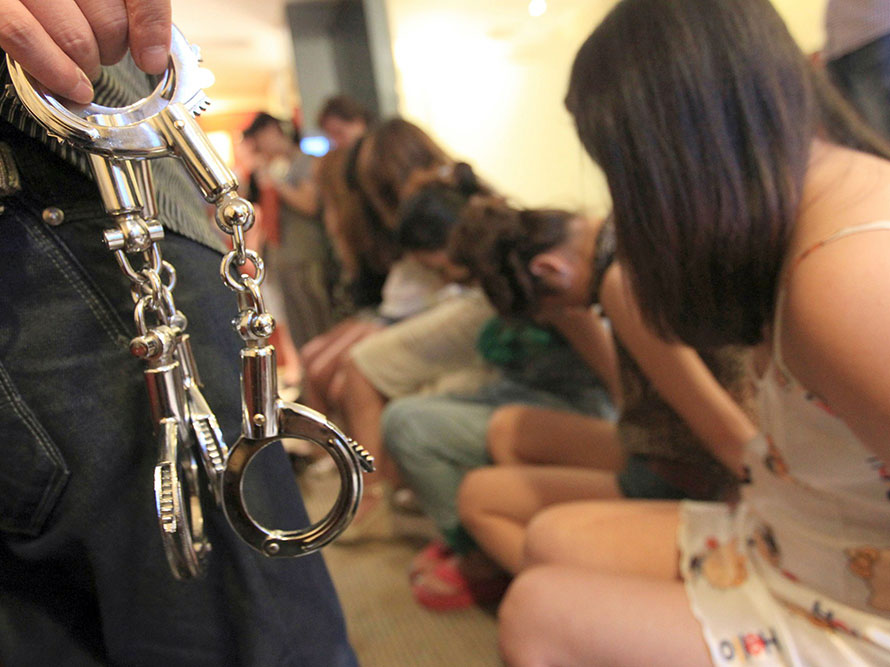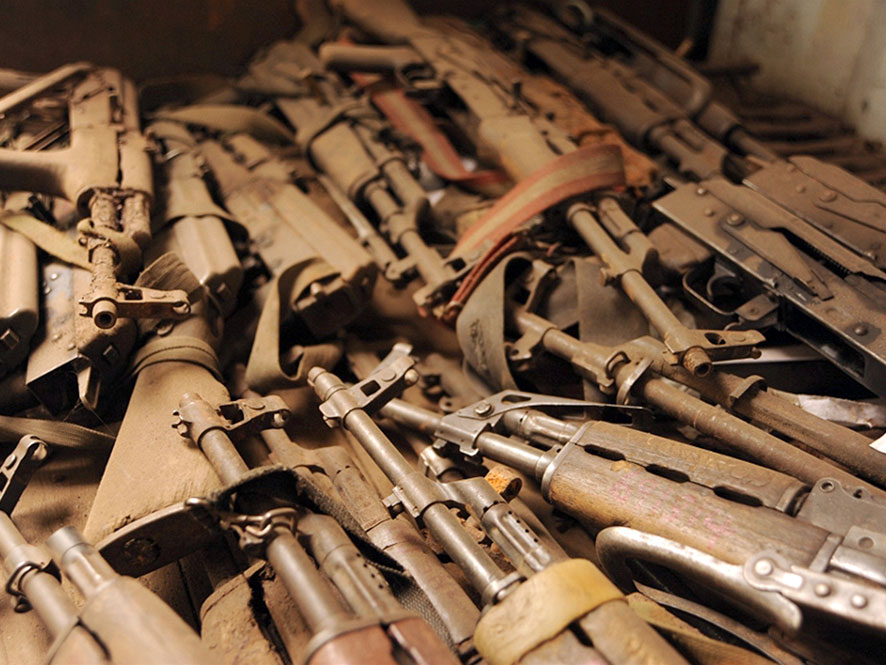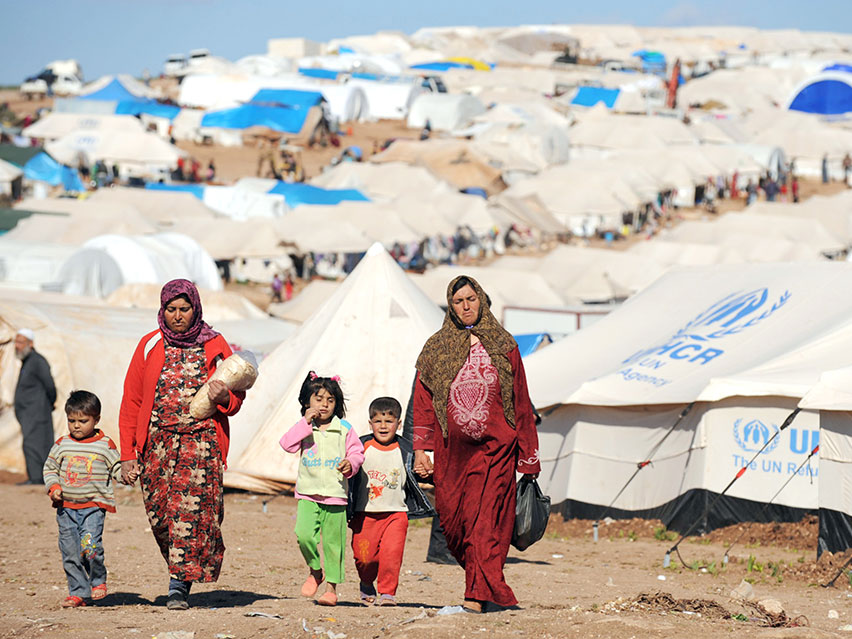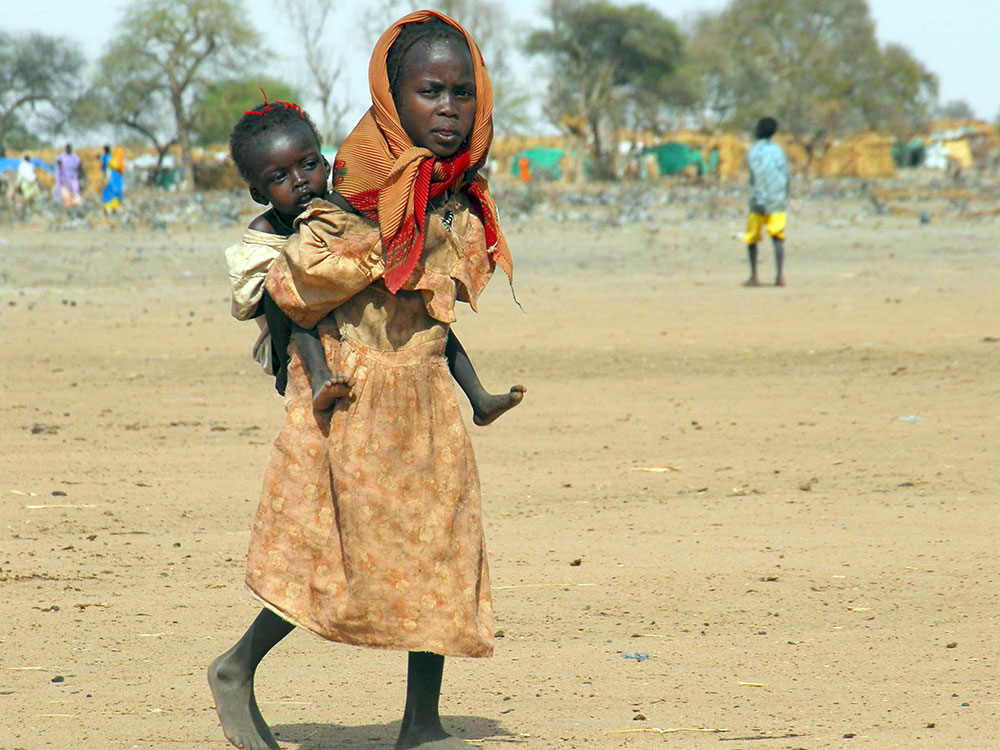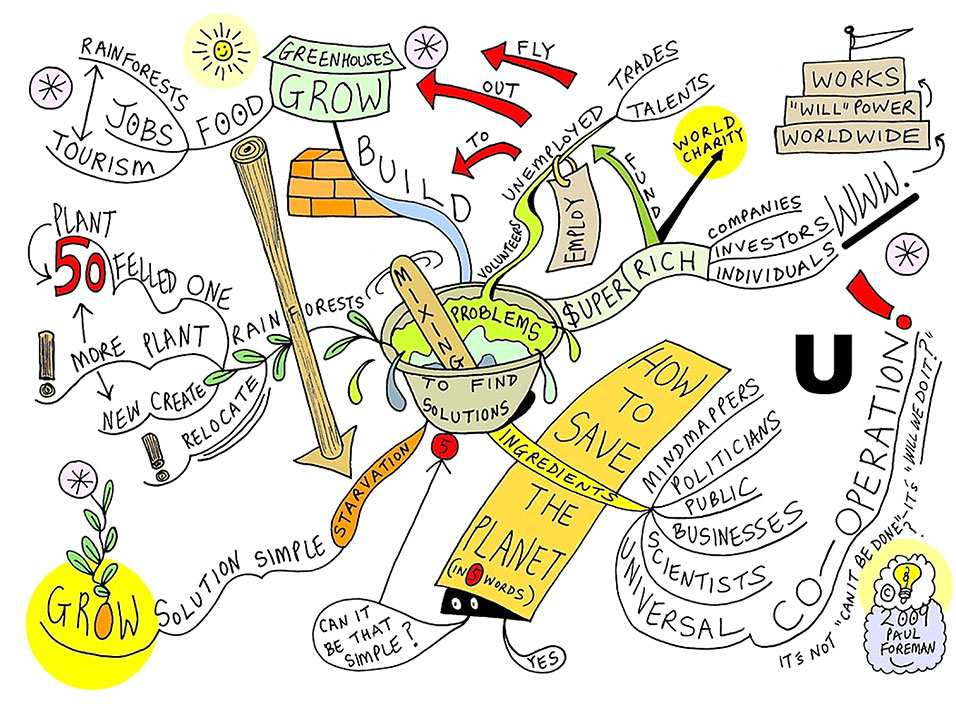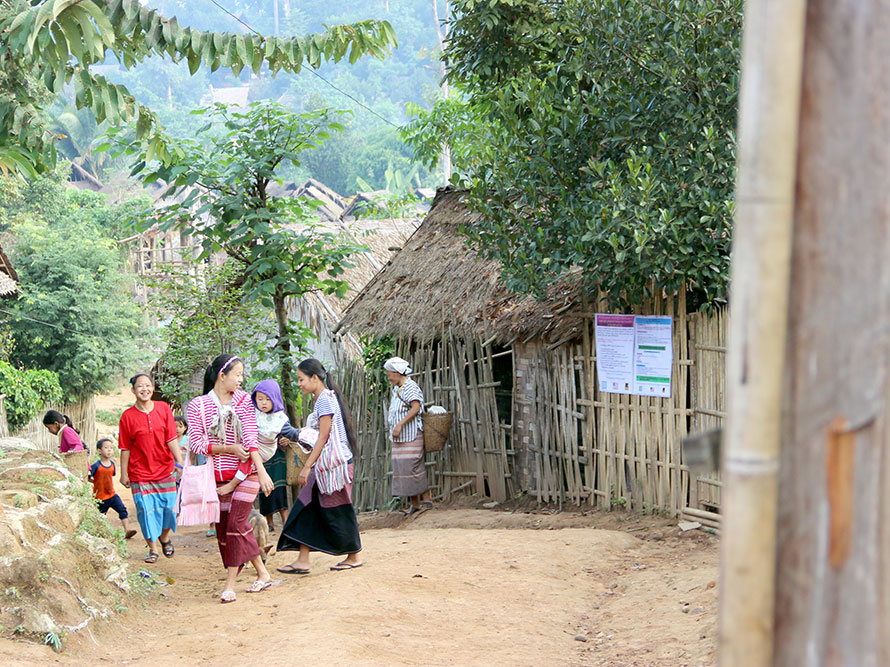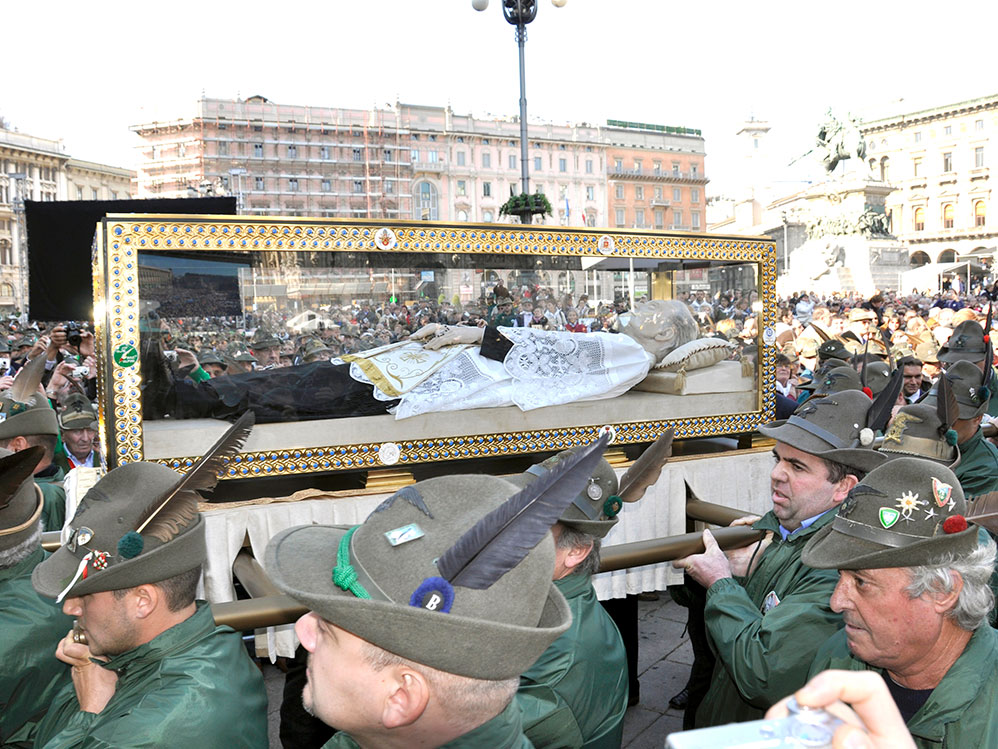First of all, like most of the public enterprises in the country, the expenses of the preparation for the event doubled since the beginning. According to government data, the investments are estimated to reach 25.6 billion reais (about US$13 billion): 8 billion of them to build the stadiums; another 8 billion for urban mobility; 6.3 billion for the airports; 600 million for ports; 1.9 billion for security projects; 400 million for communication infrastructures; 200 million for tourism infrastructures and another 200 million for other installations. All these data elicited a strong reaction from the public as the country still needs a huge amount for its education and public health systems, especially in abandoned areas in the north and in the periphery of its big cities. The demands made by FIFA were too high and were not well-accepted by a great part of the population. The people´s opposition, shown in public manifestations all over the country in 2013, threatened FIFA´s demands and the use of police forces was needed to repress the protesters. What were behind all these demonstrations?
The first reason was the aprooting of people from urban peripheries to give way to stadiums and buildings of urban infrastructure in the fourteen cities chosen to be the sites of the World Cup. In the city of Rio de Janeiro alone, about 30,000 families, or around 250,000 people, are believed to have been moved out of the urban areas, especially in Rio City. Also the restructuring work was done without any consultation with the areas’ residents. Development priority was given to the south zone (the wealthiest zone) and to the Port of Rio zone with a new city center in Barra da Tijuca (high middle-class district) that will be the venue of the Olympic Games in 2016. All these urban interventions are done also to get rid of the slums and shanty towns, thereby increasing the cost of properties in Rio to its highest level in history. Prioritization of the middle-class of Rio was to the detriment of the millions of people living in Baixada Fluminense (just beside Rio) which is one of the poorest regions of the state, known for notorious violence and drug trafficking, and where millions of Rio workers live. Rio politicians have become unpopular with their re-election projects seriously hampered. For these reasons, there was resistance not only in Rio but also in São Paulo, Salvador, Porto Alegre, Belo Horizonte and other Brazilian cities. The International Amnesty, national and international human rights organizations and the U.N. denounced this forced displacement of people.
Another factor that infuriated human rights advocates was the “general law of the World Cup,” imposed by FIFA and IOC, with commercial demands which are considered a real intrusion to the sovereignty of the country. It resembles the Institutional Act No. 5 promulgated by the military dictatorship in the seventies, suspending civil rights over ‘state security.’ Now, to serve international commercial interests, the local legislation on sport and commerce is sacrificed due to social and popular pressure to submit to the demands of international sport institutions known for their corruption scandals and ties with the world market. Law No. 2330/11 was imposed by FIFA without the people knowing its real content. According to some experts, such as Guilherme Varela and Thiago Hoshino, the law has a number of restrictions and ill effects. Among them are the following: end of right of students and other social vulnerable groups to half-price entry to the stadiums; prohibition of vendors during the games in or around the stadiums; prohibition of local TV, radio and internet to make transmissions of matches; the federal government will be responsible for any damage caused during the event; repression of the freedom of expression, spontaneity and creativity of the Brazilian people during the event; violation of the statute of soccer supporters; changes to school calendar due to the competitions, permission to sell alcoholic drinks in the stadiums which is prohibited by the Brazilian legislation and violations of the Brazil Consumers Code. All of these to favor the international enterpreneur promoters of the World Cup!
Rather than being a brotherly global sports competition, celebrating the Brazilian passion for soccer and sports, the World Cup is obviously becoming a commercial event controlled by outsiders and at the service of international capitalism.




